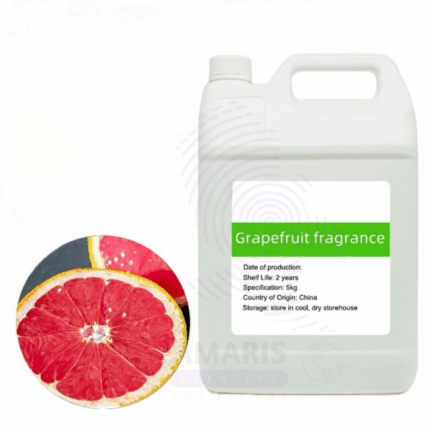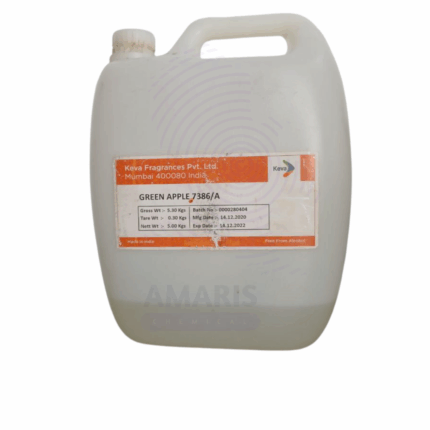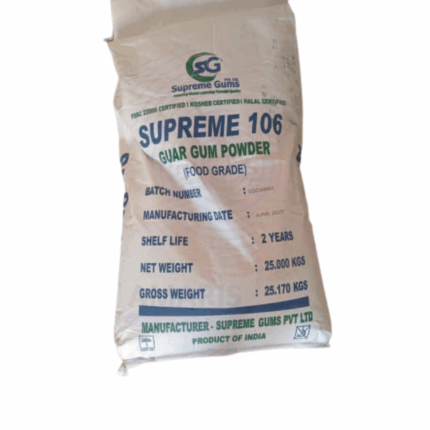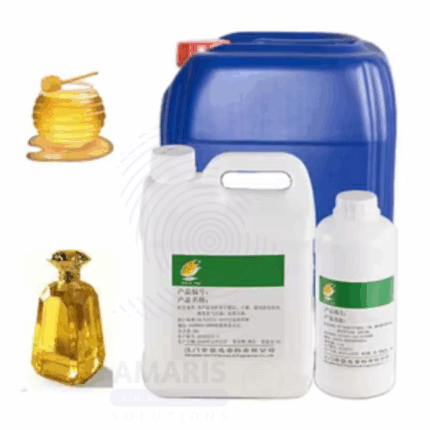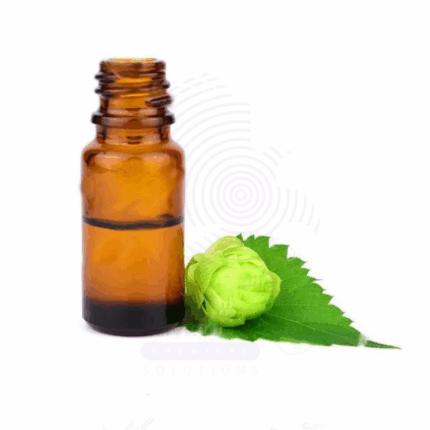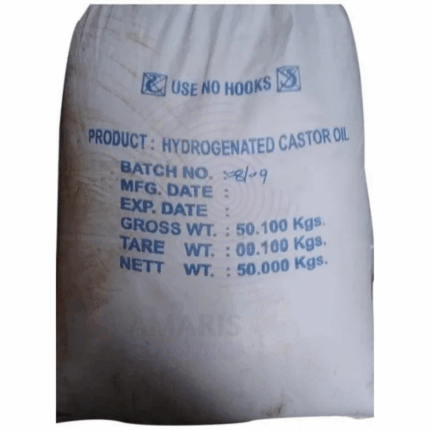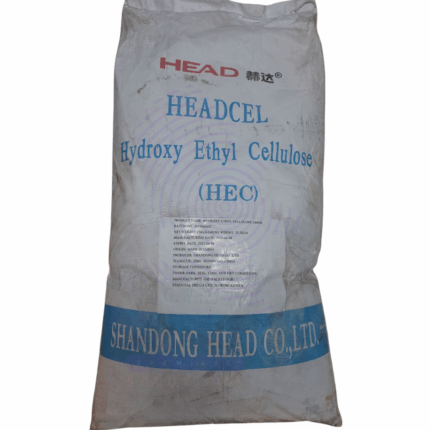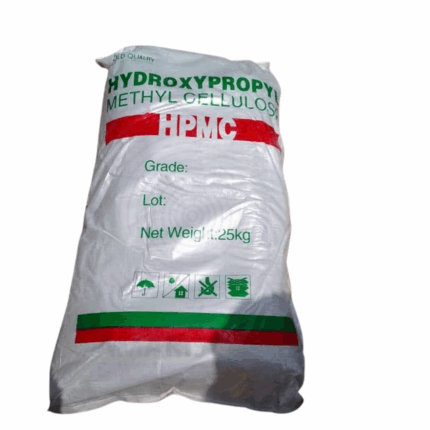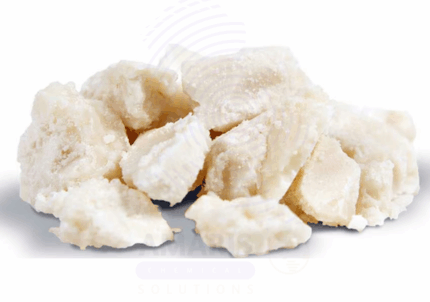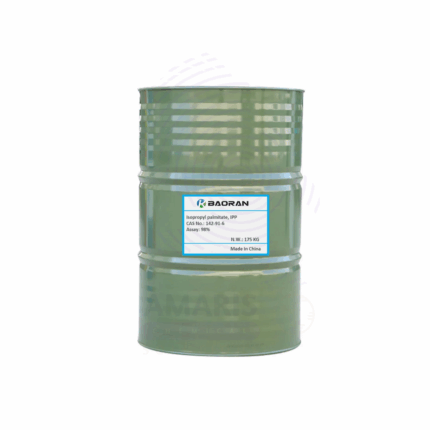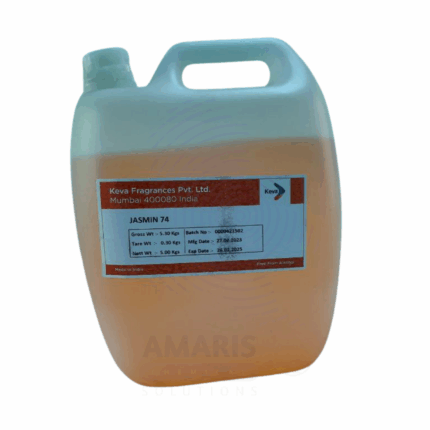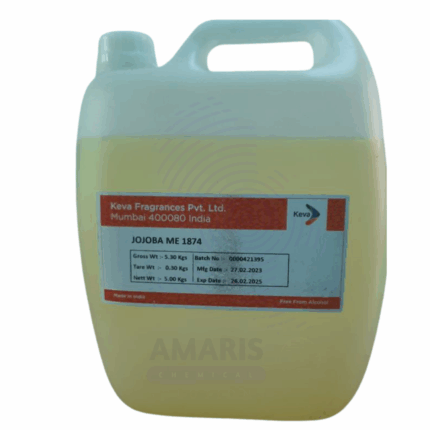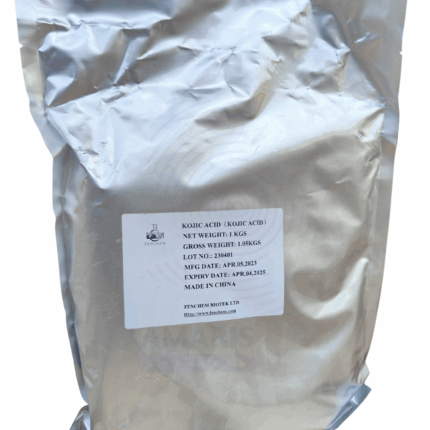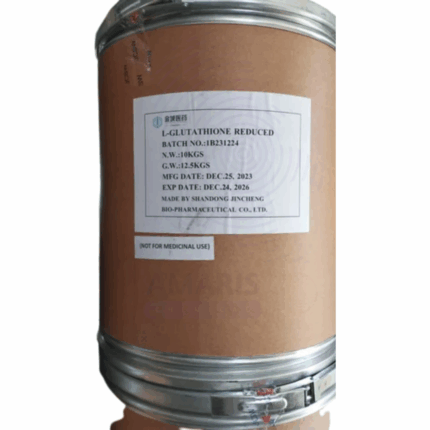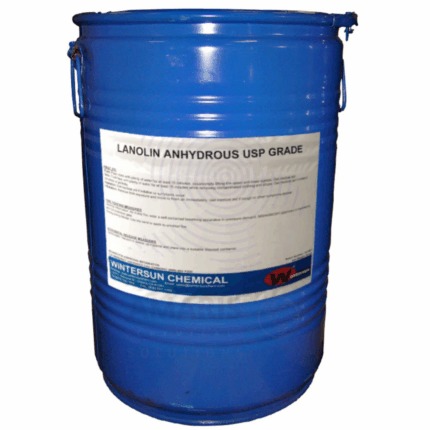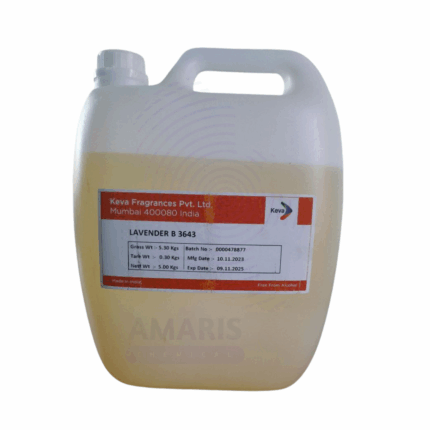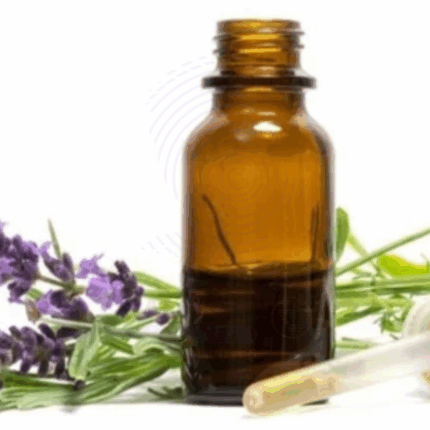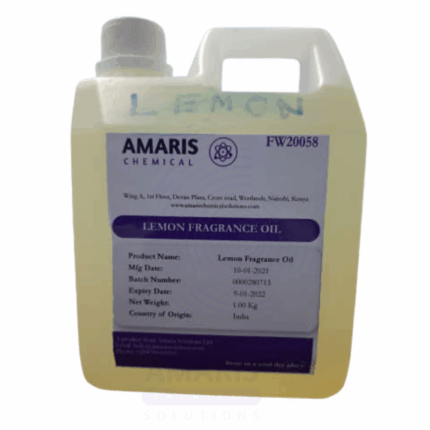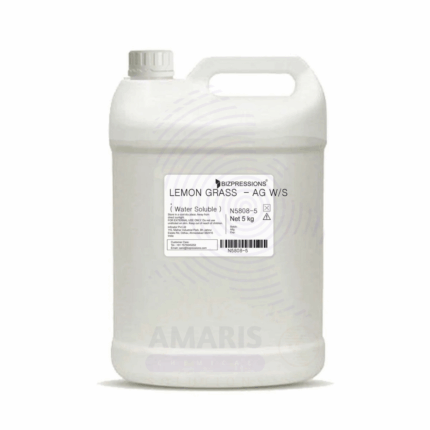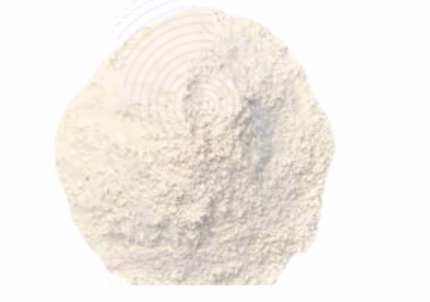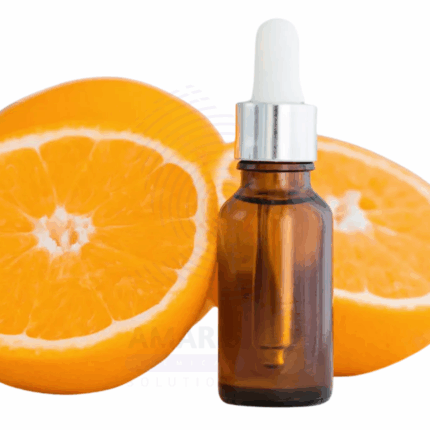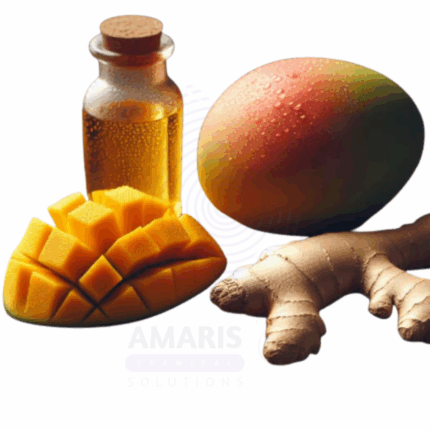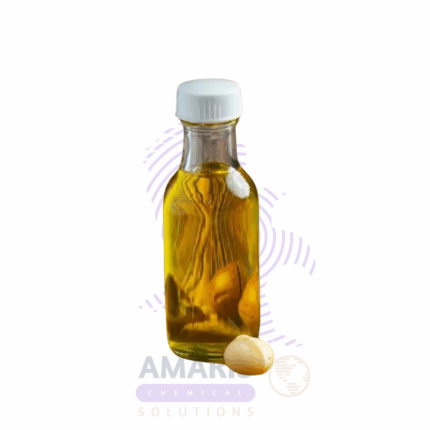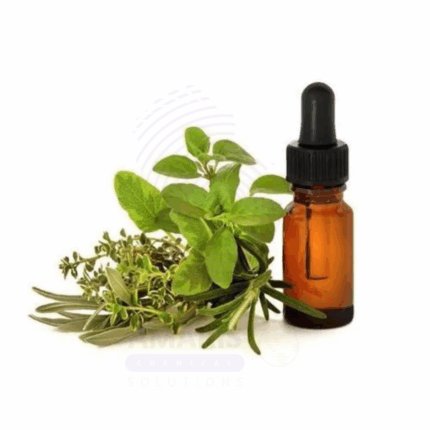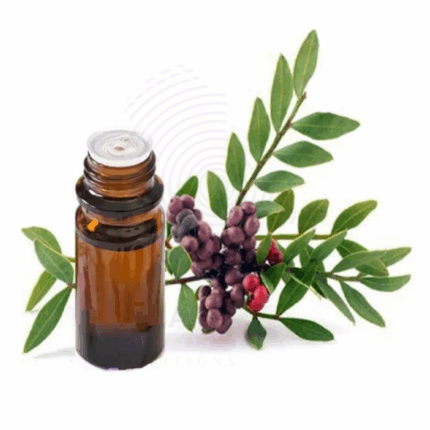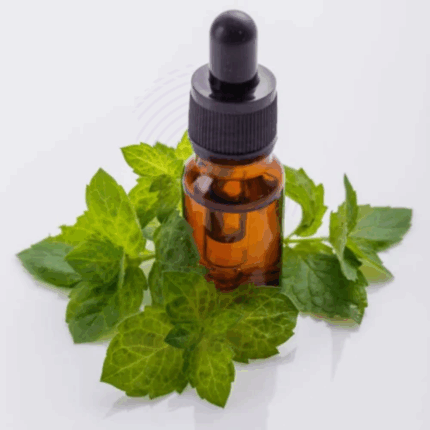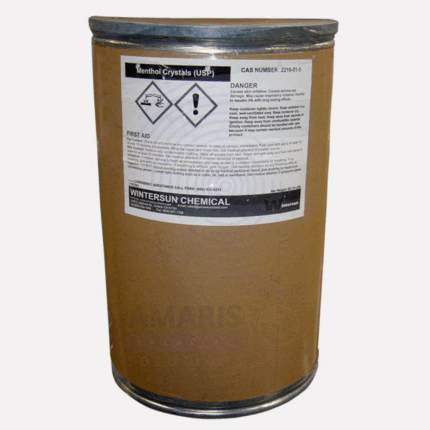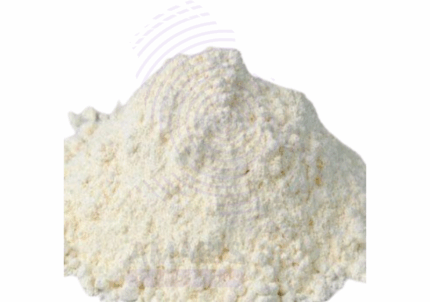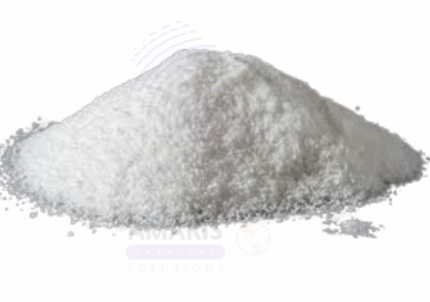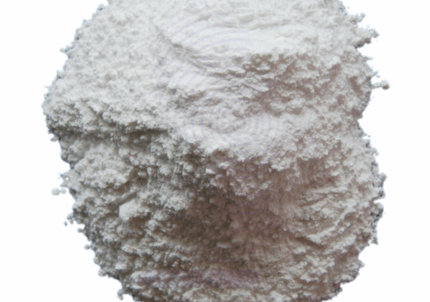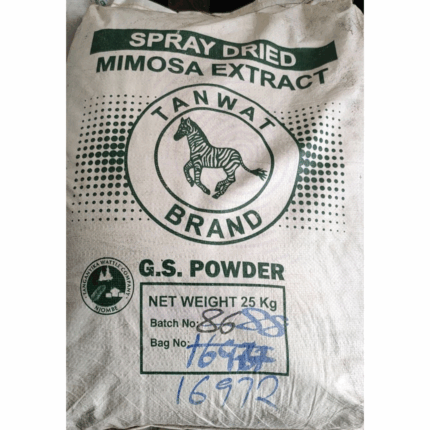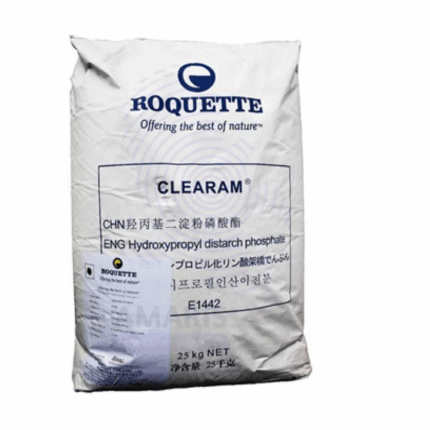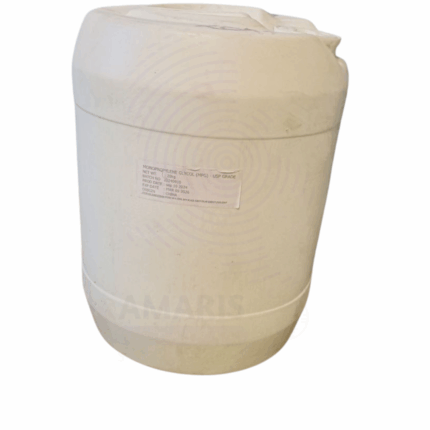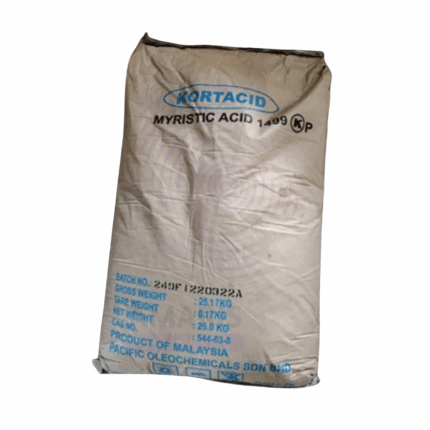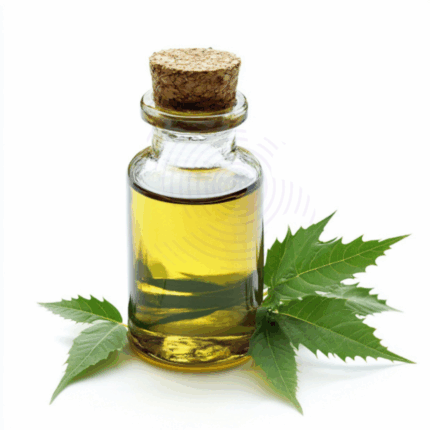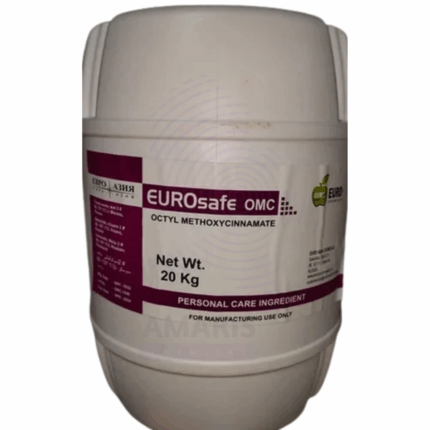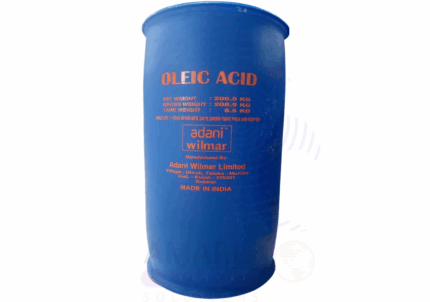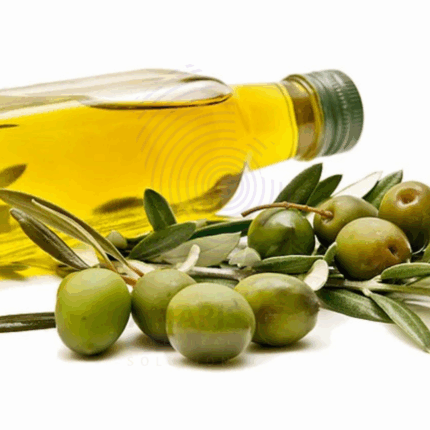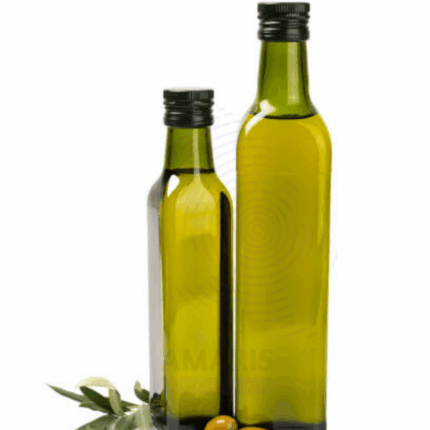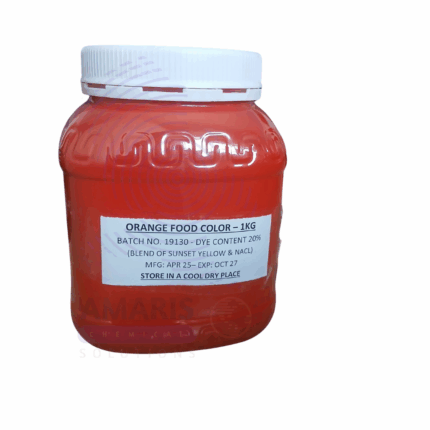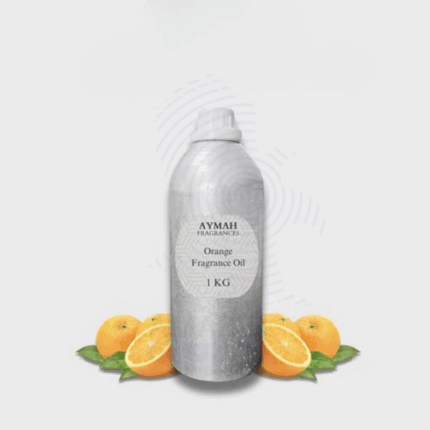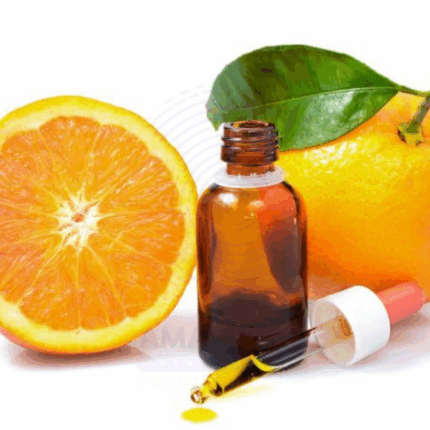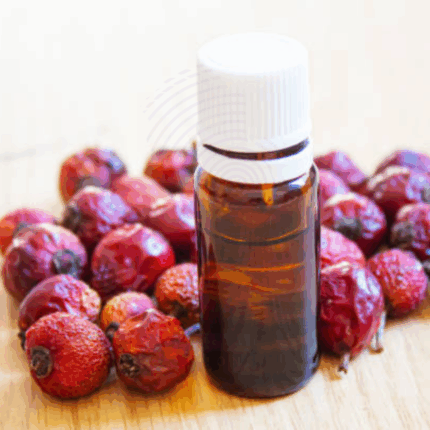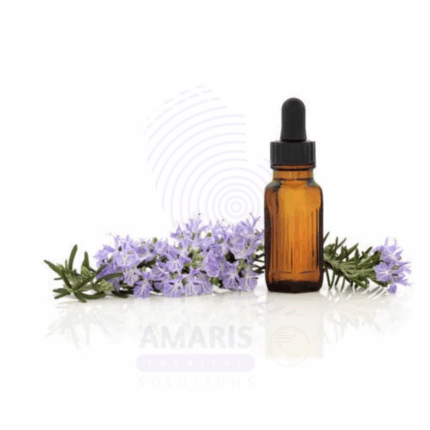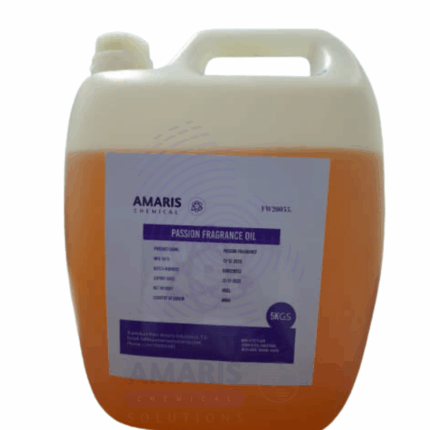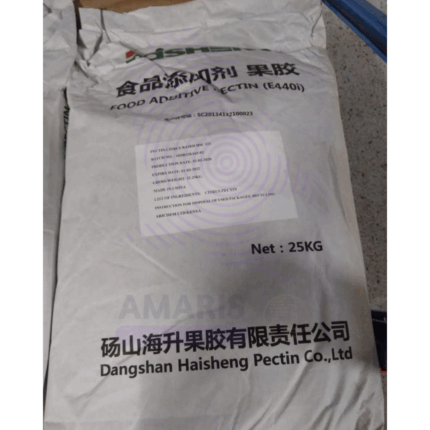
Grapefruit Fragrance Oil
Grapefruit Fragrance Oil is a high-strength aromatic blend capturing the bright, tangy, and citrus-fresh scent of ripe grapefruit. Designed for oil-based and oil-compatible formulations, this fragrance delivers a crisp, energizing profile that enhances a wide variety of products. Its refreshing and slightly sweet aroma is ideal for personal care, home care, and specialty applications. The oil offers good stability, excellent diffusion, and long-lasting performance, even when blended into rich bases such as lotions, oils, and waxes.
Green Apple Frangrance Oil
Green Apple Frangrance Oil is a crisp, fresh, and invigorating aroma that perfectly captures the tangy sweetness of ripe green apples. This oil-soluble fragrance delivers a bright and clean scent profile, making it a popular choice in personal care, household, and industrial fragrance applications. Known for its excellent scent stability and long-lasting performance, Green Apple Fragrance Oil enhances products with a natural, fruity freshness that appeals to a wide range of consumers.
Guar Gum
Guar Gum is a natural polysaccharide extracted from the endosperm of the guar bean (Cyamopsis tetragonoloba). It appears as an off-white to cream-colored powder with a neutral odor and bland taste. Guar Gum is a galactomannan composed mainly of mannose and galactose units, known for its excellent water-binding, thickening, and stabilizing properties. It forms highly viscous solutions even at low concentrations, making it a versatile hydrocolloid used widely across food, pharmaceutical, cosmetic, oilfield, and industrial applications.
Honey Fragrance Oil
Honey Fragrance Oil is a richly aromatic oil designed to replicate the warm, sweet, and inviting scent of natural honey. This high-quality fragrance oil is widely used in personal care, cosmetic formulations, and household products to impart a comforting honey aroma. It blends seamlessly with other fragrance components and offers excellent scent longevity and stability. Manufactured with premium ingredients and adhering to industry standards, Honey Fragrance Oil is ideal for candles, soaps, lotions, perfumes, and air fresheners, providing a natural and pleasant honey fragrance experience.
Hop Oil
Hop Oil is a volatile essential oil extracted via steam distillation from the cone-shaped flowers (strobiles) of the hop plant (Humulus lupulus). It has a complex, herbaceous, slightly bitter aroma with earthy, floral, and spicy undertones. Known for its calming, sedative, and antimicrobial effects, Hop Oil is widely used in aromatherapy, cosmetics, herbal formulations, and specialty beverages.
Traditionally linked with beer production, Hop Oil also finds application in natural perfumery, body care, and wellness products aimed at promoting relaxation. Its bioactive compounds such as humulene, myrcene, and caryophyllene contribute to its diverse functional and aromatic value.
Hydrogenated Castor Oil
Hydrogenated Castor Oil, also known as castor wax, is a hard, brittle, and high-melting-point wax derived by the hydrogenation of pure castor oil. This white to off-white, odorless substance is non-toxic and insoluble in water but dispersible in surfactant systems. Its primary component is hydrogenated ricinoleic acid triglyceride, and it is prized for its excellent lubricating, emulsifying, thickening, and consistency-enhancing properties.
Due to its stability, non-reactivity, and film-forming capability, Hydrogenated Castor Oil is widely used in cosmetics, personal care, pharmaceuticals, industrial lubricants, coatings, plastics, and more. It improves product texture, enhances emulsion stability, and provides moisture retention in skincare applications.
Hydroxyethyl Cellulose
Hydroxyethyl Cellulose , marketed under brand names such as Natrosol, is a non-ionic, water-soluble polymer derived from cellulose by reacting alkali cellulose with ethylene oxide. It appears as a white to off-white, free-flowing powder with excellent thickening, binding, and film-forming properties. HEC is widely used as a rheology modifier and stabilizer due to its high water retention, solubility, and compatibility with a broad range of ingredients. It is valued in many industries including cosmetics, pharmaceuticals, paints, adhesives, and personal care products.
Hydroxypropyl Methylcellulose
Hydroxypropyl Methylcellulose HPMC, also known as hypromellose, is a semi-synthetic, non-ionic cellulose ether derived by chemically modifying cellulose through methylation and hydroxypropylation. It is a white to off-white, odorless, tasteless powder that dissolves in cold water to form clear, viscous solutions. HPMC is renowned for its thickening, film-forming, emulsifying, and controlled-release properties. It is widely used in pharmaceuticals, food, cosmetics, construction, and industrial applications due to its safety profile, versatility, and compatibility with various ingredients.
Illipe Butter
Illipe Butter is a natural, hard vegetable fat derived from the nuts of the Shorea stenoptera tree, native to the rainforests of Borneo. Known for its high melting point and rich moisturizing profile, Illipe Butter is prized in cosmetic, pharmaceutical, and food applications for its emollient qualities and stability. It closely resembles cocoa butter in composition and function, making it a sustainable alternative in formulations requiring consistency and long shelf life. The butter appears as a pale yellow to off-white solid with a mild, neutral aroma.
Isopropyl Myristate
Isopropyl Myristate is a clear, colorless, and oily liquid ester formed by the reaction of isopropyl alcohol and myristic acid. It has a mild, pleasant odor and excellent spreading properties. IPM is widely used in cosmetics, pharmaceuticals, and industrial applications as an emollient, solvent, and penetration enhancer due to its ability to improve texture and absorption of topical formulations.
Isopropyl Palmitate
Isopropyl Palmitate IPP is a clear, colorless to pale yellow oily liquid formed by the esterification of isopropyl alcohol and palmitic acid. It has a mild odor and is widely used in cosmetic, pharmaceutical, and industrial formulations as an emollient, lubricant, and solvent. IPP is valued for its excellent skin absorption, non-greasy feel, and ability to improve texture and spreadability of topical products.
Jasmine Fragrance Oil
Jasmine Fragrance Oil is a luxurious, sweet, and floral aromatic oil capturing the delicate essence of fresh jasmine blossoms. This high-quality fragrance oil is widely used in personal care, cosmetics, and home fragrance products to impart a soothing and exotic floral scent. Known for its rich and long-lasting aroma, it blends seamlessly with other fragrance components to create complex and appealing scent profiles. Ideal for perfumes, body lotions, soaps, candles, and diffusers, Jasmine Fragrance Oil enhances sensory experiences with its classic, elegant floral note.
Jojoba Fragrance Oil
Jojoba Fragrance Oil is a smooth, warm, and slightly nutty aromatic oil inspired by the natural scent of jojoba. Known for its gentle and soothing fragrance, it is widely used in cosmetic and personal care products to impart a clean, spa-like aroma. This fragrance oil blends well with floral, woody, and herbal notes, making it a versatile component in perfume formulations, lotions, soaps, and hair care products. It is also suitable for use in scented candles and home fragrance items due to its soft, natural character and excellent stability in various applications.
Jojoba Wax
Jojoba Wax is a natural, golden-yellow to amber-colored wax ester extracted from the seeds of the jojoba plant (Simmondsia chinensis). Unlike traditional vegetable oils, jojoba wax is chemically a liquid wax, known for its excellent stability, moisturizing properties, and similarity to human sebum. It is odorless or mildly nutty and is widely used in cosmetics, personal care, and pharmaceutical applications as an emollient, thickener, and skin conditioning agent.
Kojic Acid
Kojic Acid is a naturally derived organic compound produced by certain species of fungi, commonly Aspergillus and Penicillium. It appears as a white to light yellow crystalline powder with a slightly acidic taste and is highly soluble in water and alcohol. Kojic Acid is primarily used in the cosmetic and pharmaceutical industries for its skin-lightening and antioxidant properties. It inhibits melanin production by blocking the enzyme tyrosinase, making it a key ingredient in formulations aimed at reducing hyperpigmentation, age spots, and uneven skin tone.
L-Glutathione Reduced
L-Glutathione Reduced is a tripeptide composed of glutamine, cysteine, and glycine, present in cells as a vital antioxidant. It appears as a white to off-white crystalline powder and plays a key role in protecting cells from oxidative stress by neutralizing free radicals and reactive oxygen species. Reduced glutathione (GSH) is the active form that participates in cellular detoxification, immune support, and regeneration of other antioxidants. It is widely used in pharmaceutical, cosmetic, and food industries due to its potent antioxidant properties and skin-brightening effects.
Lanolin Anhydrous
Lanolin Anhydrous is a purified, waxy substance derived from the sebaceous glands of sheep’s wool. It appears as a yellow to amber, semi-solid wax with a characteristic mild odor. Lanolin is highly valued for its excellent emollient, moisturizing, and protective properties, making it widely used in cosmetic, pharmaceutical, and personal care formulations. The anhydrous form is free from water, which enhances its stability and shelf life, and allows it to act as a natural barrier to lock moisture into the skin.
Lavender Fragrance Oil
Lavender Fragrance Oil is a soothing, floral aromatic blend designed to replicate the calming scent of true lavender. Known for its relaxing and therapeutic character, this fragrance oil is widely used across cosmetic, personal care, and household products. It blends well with both herbal and citrus notes and is ideal for formulating perfumes, lotions, soaps, and candles. Lavender fragrance oil offers excellent stability and scent retention, making it suitable for various industrial and commercial applications where a clean, floral scent is desired.
Lavender oil
Lavender oil is a popular essential oil steam-distilled from the fresh flowering tops of the Lavandula angustifolia plant. It has a characteristic floral, herbaceous, and slightly woody aroma with calming and therapeutic properties. Known for its versatility, lavender oil is widely used in aromatherapy, cosmetics, and personal care products for its soothing, anti-inflammatory, and antiseptic qualities. It also serves as a natural fragrance and flavoring agent in various applications.
Lemon Fragrance Oil
Lemon Fragrance Oil is a bright, citrusy aromatic oil crafted to replicate the fresh and zesty scent of natural lemon peel. It is widely appreciated for its clean, uplifting character and is commonly used in personal care products, household cleaners, and air fresheners. Due to its vibrant and energizing aroma, lemon fragrance oil is ideal for a wide range of applications where a refreshing, citrus profile is desired. Its strong scent retention, compatibility with various bases, and excellent blending qualities make it a staple in fragrance and formulation industries.
Lemongrass Fragrance Water Soluble
Lemongrass Fragrance Water Soluble is a fresh, citrusy aromatic formulation designed to deliver the crisp, herbal scent of lemongrass in water-based applications. This fragrance is widely favored for its invigorating, clean aroma and is commonly used in personal care products, household sprays, and spa treatments. Being water soluble, it blends easily into aqueous formulations like facial mists, liquid soaps, body washes, and room sprays. It offers long-lasting fragrance retention and is ideal for creating refreshing, nature-inspired products that appeal to wellness and eco-conscious markets.
Mandarin Oil
Mandarin Oil is a natural essential oil obtained by cold pressing the rind of the Citrus reticulata fruit. It has a fresh, sweet, citrusy aroma with a slightly fruity and floral note. Mandarin Oil is valued for its calming and uplifting properties and is widely used in aromatherapy, perfumery, and personal care formulations. It also possesses mild antiseptic and digestive benefits.
This oil is popular in skincare for its toning and brightening effects and in household products for its refreshing scent. Mandarin Oil is gentle and suitable for a variety of cosmetic and therapeutic applications.
Mango Ginger Oil
Mango Ginger Oil is an essential oil extracted from the rhizomes of Curcuma amada, commonly known as mango ginger. It has a unique, fresh, spicy, and sweet mango-like aroma with warm, earthy undertones. This oil is valued for its anti-inflammatory, antimicrobial, and digestive-supporting properties. Mango Ginger Oil is widely used in aromatherapy, perfumery, personal care, and traditional medicine.
The oil is employed in formulations aimed at soothing skin, easing muscle tension, improving digestion, and enhancing mood. Its exotic scent makes it a sought-after ingredient in fragrance blends and wellness products.
Manketti Oil Mongongo
Manketti Oil Mongongo, also known as Mongongo Oil, is extracted from the nuts of the Schinziophyton rautanenii tree native to Southern Africa. It is a light, non-greasy oil with a mild, nutty aroma. Rich in essential fatty acids, antioxidants, and vitamin E, Manketti Oil is prized for its moisturizing and skin-conditioning properties. It is commonly used in cosmetic, personal care, and hair care products for hydration and protection.
Marjoram Sweet Oil
Marjoram Sweet Oil is a steam-distilled essential oil derived from the flowering tops of Origanum majorana. It has a warm, spicy-herbaceous aroma with a slightly woody undertone. Known for its calming, muscle-soothing, and antispasmodic properties, this oil is widely used in aromatherapy, natural cosmetics, and wellness formulations.
Traditionally used for pain relief, respiratory issues, and digestive discomfort, it is now commonly found in massage blends, personal care products, and therapeutic applications. Its gentle, herbaceous profile also makes it a popular ingredient in emotional wellness and stress-relief formulas.
Mastic Oil
Mastic Oil is a precious essential oil derived from the resin of the Pistacia lentiscus tree, predominantly found on the Greek island of Chios. Extracted through steam distillation, this oil possesses a distinctive, fresh, slightly piney and balsamic aroma with subtle woody and spicy undertones. Rich in bioactive compounds such as alpha-pinene, beta-pinene, and myrcene, Mastic Oil is valued for its powerful antimicrobial, anti-inflammatory, and antioxidant properties. Traditionally used in Mediterranean folk medicine for digestive health, oral care, and skin healing, it has gained popularity in modern aromatherapy and personal care for its soothing and cleansing effects. Mastic Oil is commonly incorporated in oral hygiene products, skincare formulations, and wellness blends, making it a versatile and revered natural ingredient.
Melissa Blend Compound Oil
Melissa Blend Compound Oil is a carefully crafted essential oil blend centered around Melissa officinalis (Lemon Balm) oil, combined with complementary botanical extracts to enhance its uplifting, calming, and skin-soothing properties. Known for its fresh, citrusy, and slightly herbaceous aroma, this blend offers potent antioxidant, anti-inflammatory, and antimicrobial effects. Traditionally used in aromatherapy and herbal medicine, Melissa Blend supports emotional balance, stress relief, and skin regeneration. It is ideal for use in personal care products, therapeutic formulations, and natural fragrances.
Menthol crystals
Menthol Crystals are natural organic compounds derived from peppermint or other mint oils, presenting as clear or white crystalline solids with a strong, cooling mint aroma. They possess analgesic, antiseptic, and flavoring properties. Widely used in pharmaceuticals, cosmetics, food, and personal care products, menthol crystals provide a refreshing cooling sensation and fragrance, enhancing product efficacy and consumer appeal.
Methoxy benzophenone Sulfonic Acid
Methoxy Benzophenone Sulfonic Acid is a water-soluble UV filter widely used in sunscreen and cosmetic formulations. It absorbs ultraviolet (UV) radiation, primarily in the UVB range, protecting skin and products from harmful effects of sun exposure. This compound appears as a white to off-white powder or crystalline solid and is valued for its photostability and broad-spectrum UV protection.
Methyl Cellulose 400mpc
Methyl Cellulose 400mpc is a chemically modified cellulose derivative in powder form. It is a non-ionic, water-soluble polymer widely used as a thickener, binder, emulsifier, and film former. It exhibits excellent water retention, viscosity control, and thermal gelation properties, making it ideal for applications in construction, pharmaceuticals, food, and cosmetics.
Methyl Paraben
Methyl Paraben is a white to off-white crystalline powder widely used as an antimicrobial preservative in cosmetics, pharmaceuticals, and food products. It is a member of the paraben family of preservatives known for their effectiveness against a broad spectrum of bacteria and fungi. Methyl Paraben helps extend the shelf life of products by preventing microbial growth without affecting the product's texture or color.
Methylene Glycol
Methylene Glycol is a chemical compound formed by the reversible reaction of formaldehyde with water. It exists in equilibrium with formaldehyde in aqueous solutions and is commonly used as a disinfectant, preservative, and industrial biocide. Due to its antimicrobial properties, it is widely applied in water treatment, cosmetics, and embalming fluids.
Mimosa Powder
Mimosa Powder is a fine, light to dark brown powder derived from the bark of the Mimosa tenuiflora tree (also known as Mimosa hostilis or Jurema). Rich in tannins and natural polyphenolic compounds, this plant-based powder is widely recognized for its natural astringent, antioxidant, and antimicrobial properties. It is commonly used in cosmetics, traditional medicine, leather tanning, dyeing, and industrial applications. The powder is biodegradable and sustainable, making it a popular choice for natural product formulations.
Modified Starch Clearam
Modified Starch Clearam is a chemically modified, food-grade starch designed to enhance texture, stability, and clarity in various food and industrial applications. It provides excellent thickening, gelling, and stabilizing properties, while maintaining clarity in finished products. The modification improves resistance to heat, acid, and shear, making it ideal for complex processing conditions. Clearam CH 4020 is widely used in processed foods, beverages, pharmaceuticals, and personal care products.
MonoPropylene Glycol
MonoPropylene Glycol (MPG) is a clear, colorless, odorless, and slightly viscous liquid commonly used as a solvent, humectant, and antifreeze agent. It exhibits excellent moisture retention, low volatility, and high boiling point, making it suitable for a wide range of industrial, food, pharmaceutical, and cosmetic applications. MPG is valued for its low toxicity and biodegradability.
Myristic Acid
Myristic Acid is a saturated fatty acid with a 14-carbon chain, naturally found in nutmeg, coconut oil, palm kernel oil, and butter fat. It appears as a white crystalline solid with a faint odor. It is widely used in the manufacture of soaps, cosmetics, surfactants, and food additives due to its emollient and cleansing properties. Myristic Acid acts as a key intermediate in the production of esters, detergents, and lubricants.
Neem oil
Neem oil is a natural vegetable oil pressed from the fruits and seeds of the neem tree (Azadirachta indica). It is characterized by its strong, pungent odor and dark brown color. Rich in active compounds like azadirachtin, nimbin, and fatty acids, neem oil is renowned for its insecticidal, antifungal, and antibacterial properties. It is widely used in organic farming, cosmetics, and traditional medicine for its therapeutic and protective benefits.
Octyl Methoxycinnamate
Octyl Methoxycinnamate, also known as Octinoxate or OCM, is a commonly used organic UV filter in sunscreen formulations and personal care products. It absorbs ultraviolet B (UVB) radiation, protecting the skin from harmful sunburn and photodamage. OCM is favored for its excellent photostability, low skin irritation potential, and compatibility with other sunscreen agents.
Oleic Acid
Oleic Acid is a naturally occurring monounsaturated fatty acid commonly derived from vegetable oils such as olive, sunflower, and canola oils. This oily liquid is widely used in the chemical, pharmaceutical, cosmetic, and food industries due to its excellent emollient, surfactant, and stabilizing properties. Oleic Acid 75% is a key raw material in manufacturing soaps, detergents, lubricants, and personal care products. Its amphiphilic nature makes it an effective emulsifier and penetration enhancer.
Olive Butter
Olive Butter is a natural, creamy, and rich emollient derived from cold-pressed olive oil combined with other natural butters (such as shea or cocoa butter) to create a luxurious skin-conditioning product. It is prized for its deep moisturizing, antioxidant-rich, and soothing properties, making it a popular ingredient in skincare, haircare, and cosmetic formulations. Olive Butter enhances skin elasticity, provides nourishment, and forms a protective barrier against environmental stressors.
Olive Oil Pomace
Olive Oil Pomace is a refined oil extracted from the olive pulp, skin, and pits after the first pressing. It is a lower-cost olive oil variant with a mild flavor and good stability. Rich in monounsaturated fatty acids, particularly oleic acid, and antioxidants like vitamin E and polyphenols, pomace olive oil offers nutritional benefits and excellent oxidative stability. It is widely used in culinary, cosmetic, pharmaceutical, and industrial applications due to its moisturizing properties and mild aroma. Pomace olive oil is favored in formulations where a lighter olive aroma is desired, and it also serves as a base oil in soap making, skincare, and massage oils.
Olive Oil Virgin
Olive Oil Virgin is a natural oil obtained from the first cold pressing of olives without the use of chemicals or excessive heat, preserving its rich flavor and nutritional qualities. It is characterized by a fruity aroma and a balanced taste, containing high levels of monounsaturated fatty acids, particularly oleic acid, as well as antioxidants such as polyphenols and vitamin E. Virgin olive oil is widely valued for its health benefits, culinary versatility, and skin conditioning properties. It is extensively used in food preparation, cosmetic formulations, and pharmaceutical applications, offering moisturizing, antioxidant, and anti-inflammatory effects.
Orange Color water soluble
Orange Color Water Soluble is a synthetic, water-soluble food-grade colorant formulated to deliver a vibrant orange hue in aqueous-based applications. Known for its excellent solubility, bright shade, and strong tinctorial strength, it is widely used in the food, beverage, cosmetic, and pharmaceutical industries. This colorant ensures consistent dispersion in water-based systems, offering high stability, good lightfastness, and compatibility with other colorants and functional ingredients. It is ideal for manufacturers seeking non-staining, non-toxic, and easily processable color solutions that meet regulatory standards for food and personal care applications.
Orange Fragrance Oil
Orange Fragrance Oil is a highly concentrated aromatic oil that delivers a fresh, vibrant, and sweet citrus scent reminiscent of ripe oranges. It is formulated for use in a variety of applications including personal care products, household items, and air fresheners. This fragrance oil offers excellent scent throw, stability, and compatibility with different base materials such as waxes, solvents, and emulsions. Its refreshing aroma makes it a popular choice for perfuming soaps, candles, detergents, and cosmetic formulations, providing a natural and uplifting citrus experience.
Orange Oil
Orange Oil is a natural essential oil extracted by cold pressing the rind of sweet oranges (Citrus sinensis). It is prized for its fresh, sweet, and citrusy aroma, widely used in aromatherapy, perfumery, flavoring, and cleaning products. Rich in limonene, a powerful antioxidant and natural solvent, Orange Oil offers antimicrobial, anti-inflammatory, and mood-enhancing properties. Its versatility makes it a popular ingredient in cosmetics, personal care, pharmaceuticals, food flavorings, and environmentally friendly cleaning formulations.
Palm kernel Oil
Palm Kernel Oil is a versatile edible and industrial oil extracted from the kernels (seeds) of the oil palm fruit (Elaeis guineensis). It is distinct from palm oil, which is derived from the fruit’s pulp. This oil is characterized by its light yellow color and mild, nutty aroma. Rich in medium-chain fatty acids, particularly lauric acid, Palm Kernel Oil exhibits excellent moisturizing, cleansing, and emulsifying properties. Widely used in food, cosmetics, and industrial applications, it is valued for its stability, texture-enhancing qualities, and skin-conditioning benefits.
Palmarosa Oil
Palmarosa Oil is a highly valued essential oil obtained through steam distillation of the fresh grass Cymbopogon martinii, native to India. Known for its sweet, floral, and rose-like aroma, it is rich in geraniol, a natural compound with potent antimicrobial and anti-inflammatory properties. Palmarosa Oil is widely used in aromatherapy, natural skincare, and personal care formulations for its hydrating and rejuvenating effects. Its antimicrobial activity makes it popular in therapeutic blends, natural preservatives, and fragrance products. Additionally, it has applications in pharmaceutical, cleaning, and flavoring industries.
Passion Fruit Fragrance Oil
Passion Fruit Fragrance Oil is a vibrant, richly scented oil delivering the sweet, exotic aroma of ripe passion fruit. Ideal for enhancing personal care products, perfumes, and home fragrances, this fragrance oil provides a long-lasting, fresh tropical scent. It is crafted to blend smoothly into oil-based and solvent-based formulations, ensuring consistent fragrance delivery. Manufactured under stringent quality controls, Passion Fruit Fragrance Oil adds a luxurious and refreshing note to a wide range of applications.
Pectin HM
Pectin HM (High Methoxyl) is a natural polysaccharide extracted primarily from citrus peels and apple pomace. It is widely used as a gelling agent, stabilizer, and thickener in the food industry. Pectin HM requires high sugar content and acidic conditions to form a gel, making it ideal for jams, jellies, and confectionery products. It also finds applications in pharmaceuticals and cosmetics for its film-forming and stabilizing properties.


 Preservatives(food)
Preservatives(food) Flavor Enhancers
Flavor Enhancers Acidulants
Acidulants Sweeteners
Sweeteners Antioxidants
Antioxidants Colorants(food)
Colorants(food) Nutraceutical Ingredients (food)
Nutraceutical Ingredients (food) Nutrient Supplements
Nutrient Supplements Emulsifiers
Emulsifiers
 Collectors
Collectors Dust Suppressants
Dust Suppressants Explosives and Blasting Agents
Explosives and Blasting Agents Flocculants and Coagulants
Flocculants and Coagulants Frothers
Frothers Leaching Agents
Leaching Agents pH Modifiers
pH Modifiers Precious Metal Extraction Agents
Precious Metal Extraction Agents
 Antioxidants(plastic)
Antioxidants(plastic) Colorants (Pigments, Dyes)
Colorants (Pigments, Dyes) Fillers and Reinforcements
Fillers and Reinforcements Flame Retardants
Flame Retardants Monomers
Monomers Plasticizers
Plasticizers Polymerization Initiators
Polymerization Initiators Stabilizers (UV, Heat)
Stabilizers (UV, Heat)
 Antifoaming Agents
Antifoaming Agents Chelating Agents
Chelating Agents Coagulants and Flocculants
Coagulants and Flocculants Corrosion Inhibitors
Corrosion Inhibitors Disinfectants and Biocides
Disinfectants and Biocides Oxidizing Agents
Oxidizing Agents pH Adjusters
pH Adjusters Scale Inhibitors( water)
Scale Inhibitors( water)
 Antioxidants(cosmetic)
Antioxidants(cosmetic) Emollients
Emollients Fragrances and Essential Oils
Fragrances and Essential Oils Humectants
Humectants Preservatives
Preservatives Surfactants(cosmetic)
Surfactants(cosmetic) Thickeners
Thickeners UV Filters
UV Filters
 Fertilizers
Fertilizers Soil Conditioners
Soil Conditioners Plant Growth Regulators
Plant Growth Regulators Animal Feed Additives
Animal Feed Additives Biostimulants
Biostimulants Pesticides (Herbicides, Insecticides, Fungicides)
Pesticides (Herbicides, Insecticides, Fungicides)
 Active Pharmaceutical Ingredients (APIs)
Active Pharmaceutical Ingredients (APIs) Excipients
Excipients Solvents(pharmaceutical)
Solvents(pharmaceutical) Antibiotics
Antibiotics Antiseptics and Disinfectants
Antiseptics and Disinfectants Vaccine Adjuvants
Vaccine Adjuvants Nutraceutical Ingredients (pharmaceutical)
Nutraceutical Ingredients (pharmaceutical) Analgesics & Antipyretics
Analgesics & Antipyretics
 Analytical Reagents
Analytical Reagents Solvents(lab)
Solvents(lab) Chromatography Chemicals
Chromatography Chemicals Spectroscopy Reagents
Spectroscopy Reagents microbiology-and-cell-culture-reagents
microbiology-and-cell-culture-reagents Molecular Biology Reagents
Molecular Biology Reagents Biochemical Reagents
Biochemical Reagents Inorganic and Organic Standards
Inorganic and Organic Standards Laboratory Safety Chemicals
Laboratory Safety Chemicals Specialty Laboratory Chemicals(Special Laboratory Equipment)
Specialty Laboratory Chemicals(Special Laboratory Equipment)
 Demulsifiers
Demulsifiers Hydraulic Fracturing Fluids
Hydraulic Fracturing Fluids Scale Inhibitors(oil)
Scale Inhibitors(oil) Surfactants(oil)
Surfactants(oil) Drilling Fluids
Drilling Fluids
 Dyes and Pigments
Dyes and Pigments Bleaching Agents
Bleaching Agents Softening Agents
Softening Agents Finishing Agents
Finishing Agents Antistatic Agents
Antistatic Agents
 Admixtures
Admixtures Waterproofing Agents
Waterproofing Agents Sealants and Adhesives
Sealants and Adhesives Curing Compounds
Curing Compounds Concrete Repair Chemicals
Concrete Repair Chemicals Anti-Corrosion Coatings
Anti-Corrosion Coatings
 Surfactants(cleaning)
Surfactants(cleaning) Builders
Builders Enzymes
Enzymes Solvents (Cleaning)
Solvents (Cleaning) Fragrances
Fragrances
 Electronic Chemicals
Electronic Chemicals Catalysts
Catalysts Lubricants
Lubricants Photographic Chemicals
Photographic Chemicals Refrigerants
Refrigerants Automotive chemicals
Automotive chemicals Pyrotechnic Chemicals
Pyrotechnic Chemicals
 Biodegradable Surfactants
Biodegradable Surfactants Bio-based Solvents
Bio-based Solvents Renewable Polymers
Renewable Polymers Carbon Capture Chemicals
Carbon Capture Chemicals Wastewater Treatment Chemicals
Wastewater Treatment Chemicals
 Pigments
Pigments Solvents(paint)
Solvents(paint) Specialty Coatings
Specialty Coatings Binders/Resins
Binders/Resins Additives
Additives Driers
Driers Anti-Corrosion Agents
Anti-Corrosion Agents Functional Coatings
Functional Coatings Application-Specific Coatings
Application-Specific Coatings
 Fresh Herbs
Fresh Herbs Ground Spices
Ground Spices Whole Spices
Whole Spices Spice Blends
Spice Blends Dried Herbs
Dried Herbs
 Leavening Agents
Leavening Agents Dough Conditioners
Dough Conditioners Flour Treatments
Flour Treatments Fat Replacers
Fat Replacers Decoratives
Decoratives Preservatives(baking)
Preservatives(baking)
 Plasticizers & Softeners
Plasticizers & Softeners Reinforcing Agents
Reinforcing Agents Adhesion Promoters
Adhesion Promoters Vulcanizing Agents
Vulcanizing Agents Antidegradants
Antidegradants Blowing Agents
Blowing Agents Fillers & Extenders
Fillers & Extenders Accelerators & Retarders
Accelerators & Retarders

















